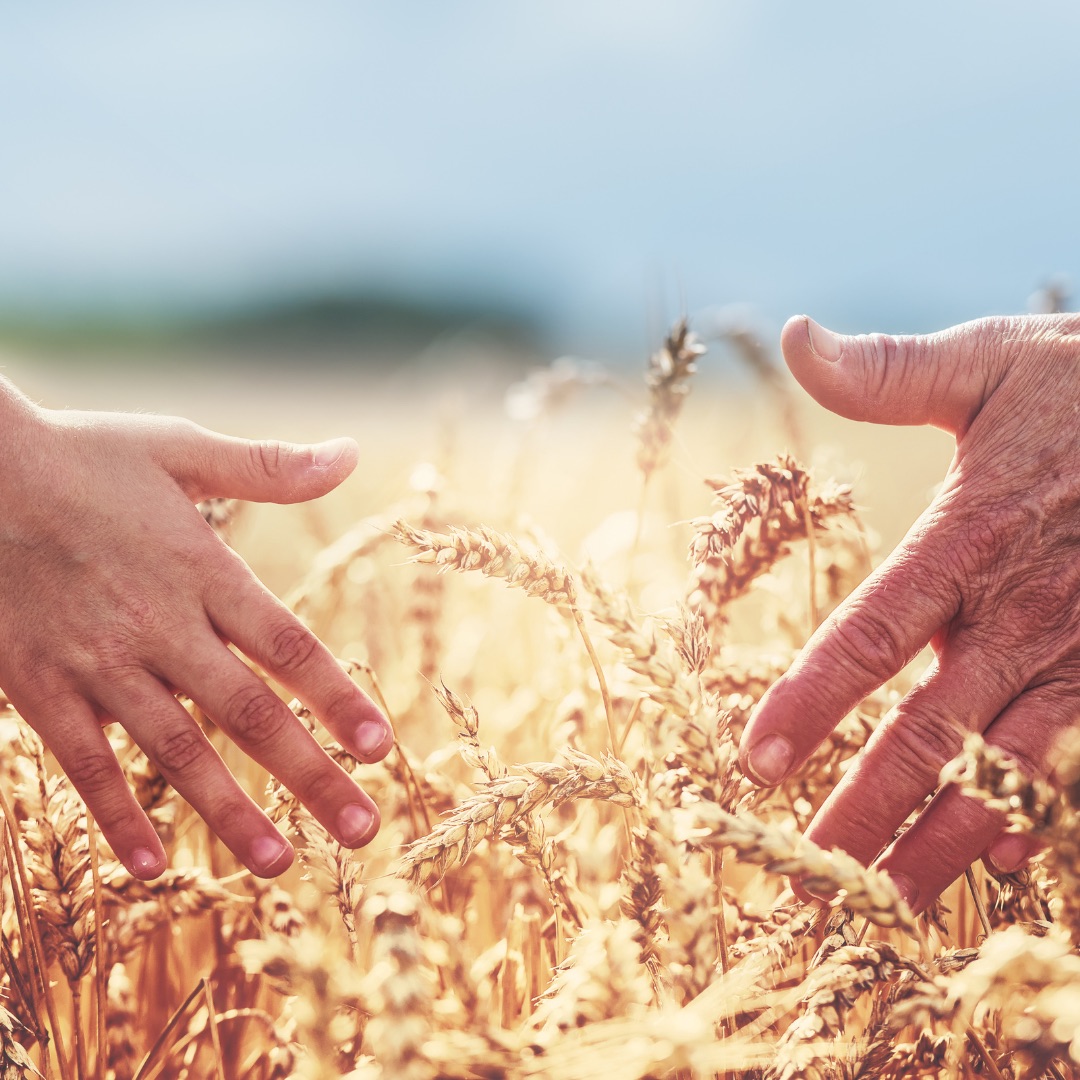An Uncertain Tax Future – The Impact on Family Farming Businesses

An uncertain era of taxation policy lies ahead for Canadian Taxpayers. The financial impact of COVID-19 combined with the recent fiscal budgets has resulted in historic levels of government spending. Canada’s 2020 deficit is expected to exceed 381 billion and the national debt is approaching 1 trillion dollars. Government programs for COVID-19 are extending into 2021 and although likely necessary, only add to Canada’s debt and deficit.
Future tax policy will have a significant impact on farming and agriculture businesses in Canada. There are several potential impacts to consider and this article will briefly touch on a few important topics to Canadian farmers.
Business Structure and Future Tax Liability
Uncertainty over future tax rates will have several potential impacts on your farming operations. If tax rates were to increase how would this impact your farming business operation and structure? Would an increase in tax rates change your retirement or succession plan? Farming taxation is a complex area and there are a number of items to consider including inventory, accrued capital gains on land, quota and other assets when assessing your farm’s current and future tax liability.
Do you know what the current and future tax liability of your farming entity is today? If the answer is no, you should be speaking to your tax advisor to ensure your farm is optimizing its tax position every year.
The Capital Gains Deduction
Taxpayers and farming businesses should always consider the availability of their lifetime capital gains deduction (“CGD”). The requirements to meet the definition of qualified farm property (“QFP”) are out of the scope of this article, but these are the main types of farming property that could qualify for the CGD:
- Land
This is usually the most common type of property for people when they think about QFP or the CGD in relation to a farming business. If the farmland meets the technical requirements, it can qualify as QFP for the taxpayer and potentially future generations (depending on how the farmland is owned). As the value of farmland continues to increase, ensuring these assets continue to meet the requirements for you and potentially the next generation is vital.
- Shares of a Family Farm Corporation
There are different business structures that farm businesses operate in, one being a corporation. The shares of a corporation are held by the shareholders, and shares of a family farm company may also qualify as QFP. If you currently operate your farming business in a corporation, it is important to ensure the shares you hold personally meet the technical requirements to be QFP. In order to meet the technical requirements, the assets of the corporation need to be analyzed. Passive investments such as excess cash or real estate not used in the farming business or loans to other corporations are common examples of items that could potentially limit your access to the CGD or intergenerational gifting.
- Interest in a Family Farm Partnership
The one asset that could be the least known or utilized in this list is an interest in a family farm partnership. A farming partnership can be a powerful structure from both a business and tax perspective and if structured correctly, can also qualify as QFP.
- Quota
Farming quota can qualify as QFP and proper planning should be considered on any dispositions of this type of asset to ensure it qualifies for the CGD.
The lifetime capital gains deduction can provide tax savings on up to $270,000 per person on dispositions depending on your province of residency. This is a significant tax savings and taxpayers must ensure the farming property they own qualifies and continues to qualify for this treatment.
There are common pitfalls or technical issues that would limit an individual’s ability to claim the CGD in all of the asset classes highlighted above. It is important to not assume your farming asset qualifies for this preferential tax treatment and to consult with an agriculture tax specialist to ensure your farming assets qualify for these advantageous tax deductions.
Family Farm Transition
Your family farm transition or succession plan will likely rely on your farming assets being qualified farm property for purposes of intergeneration gifting or the use of your lifetime capital gains exemption.
Intergenerational gifting is a tax deferral (rather than savings) but is crucial to facilitate the transfer of a farm to the next generation. The tax legislation in this area is also complex, and although never implemented, the government proposed changes to this area in the 2017 federal budget amendments. It is important to be aware of the current taxation policy and how any future changes could impact your family farm.
There are also significant tax deferral opportunities that should be considered in your overall succession objectives. You and your advisor need to be aware of the current strategies in place and how potential changes could impact the future transition of your farm to the next generation or to a third party. Uncertainty of future tax policy directly impacts your farm transition planning today.
Conclusion
Although tax is only one consideration in your farming operation, future increases in tax rates or changes to tax legislation can have a significant impact on your business and succession plans.
Author, Scott Assman, CPA. Scott is a Partner and Business Advisor with MNP in Ottawa. Scott works with agriculture clients, small to medium sized businesses and professionals which as doctors, lawyers and dentists, delivering tax solutions and advice that help them achieve their goals.
Now is the best time to have these discussions with your FarmAssure representative to understand the tax landscape and plan accordingly. If you have any questions or comments on tax planning in the context of a farming operation or any other queries, please don’t hesitate to email scott.assman@mnp.ca or for further information on farm planning, visitFarmAssure, or call Merv Clost, our FarmAssure Professional directly at merv@palladiuminsurance.ca or 613-240-2578.
Bringing Personal to Insurance.



